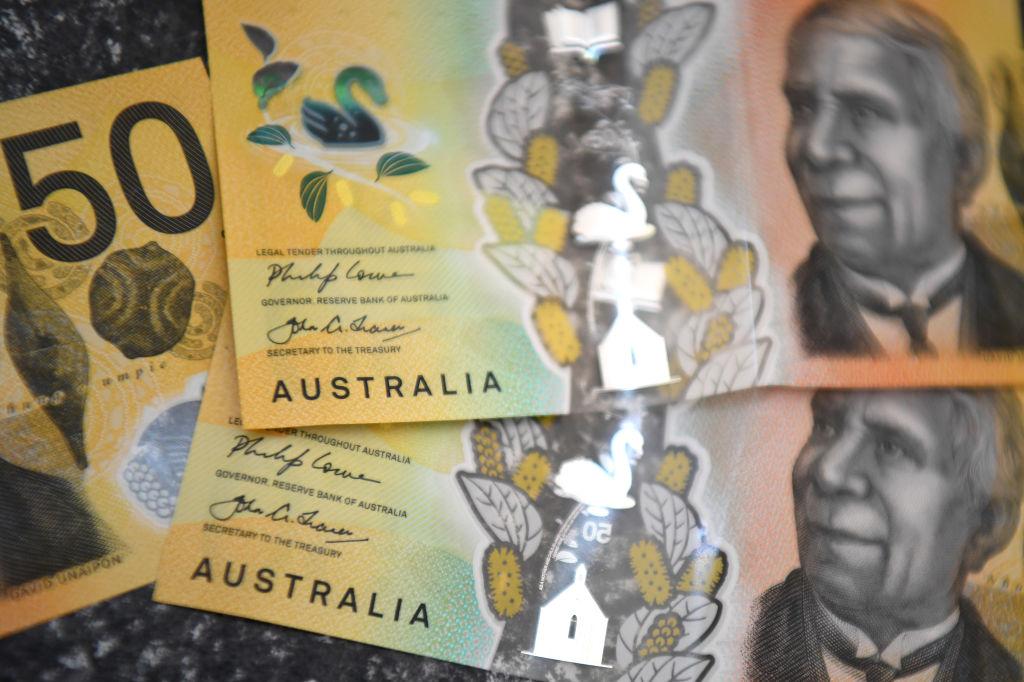Federal Treasurer Jim Chalmers says the current economic conditions are “soft” amid concerns the country could be in recession.
Chalmers told reporters on Aug. 1 that the economy was under pressure.

Federal Treasurer Jim Chalmers says the current economic conditions are “soft” amid concerns the country could be in recession.
Chalmers told reporters on Aug. 1 that the economy was under pressure.